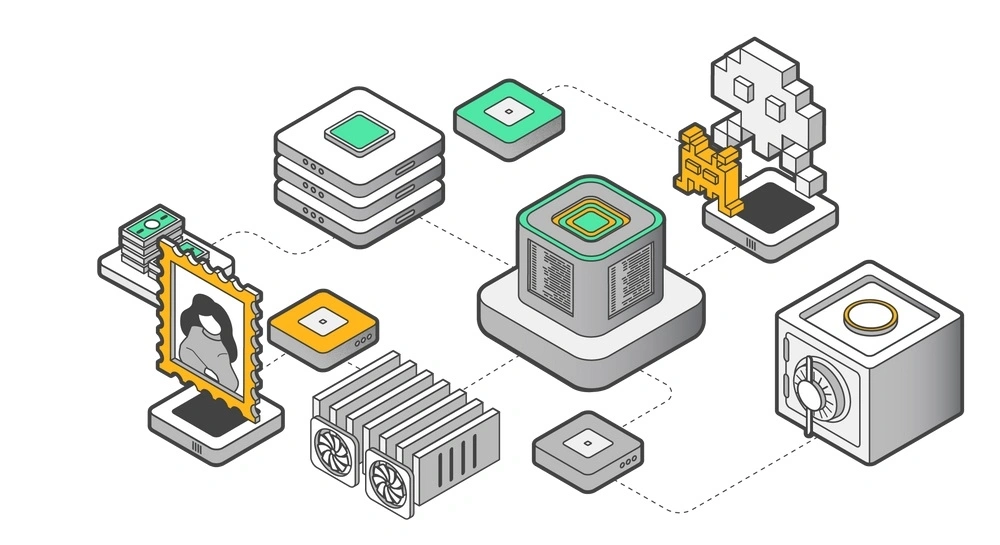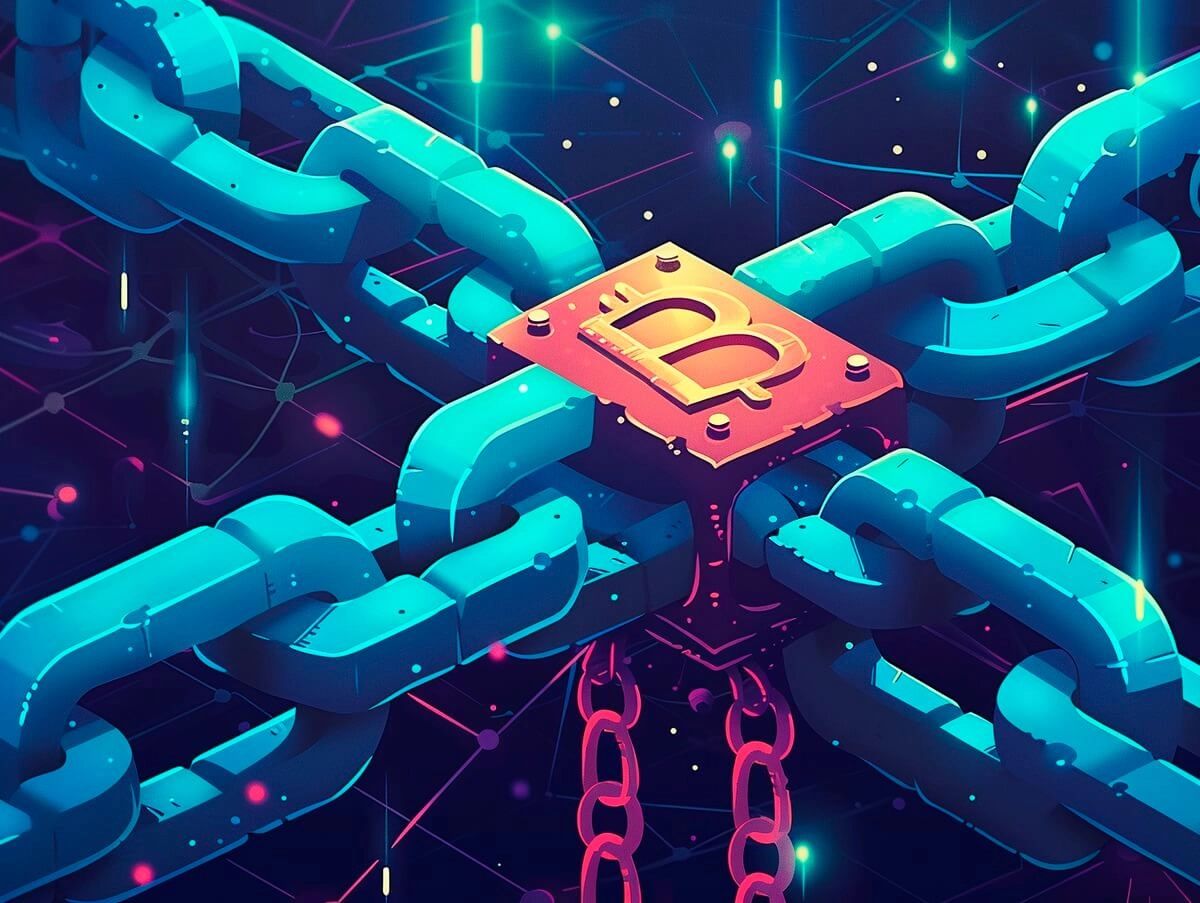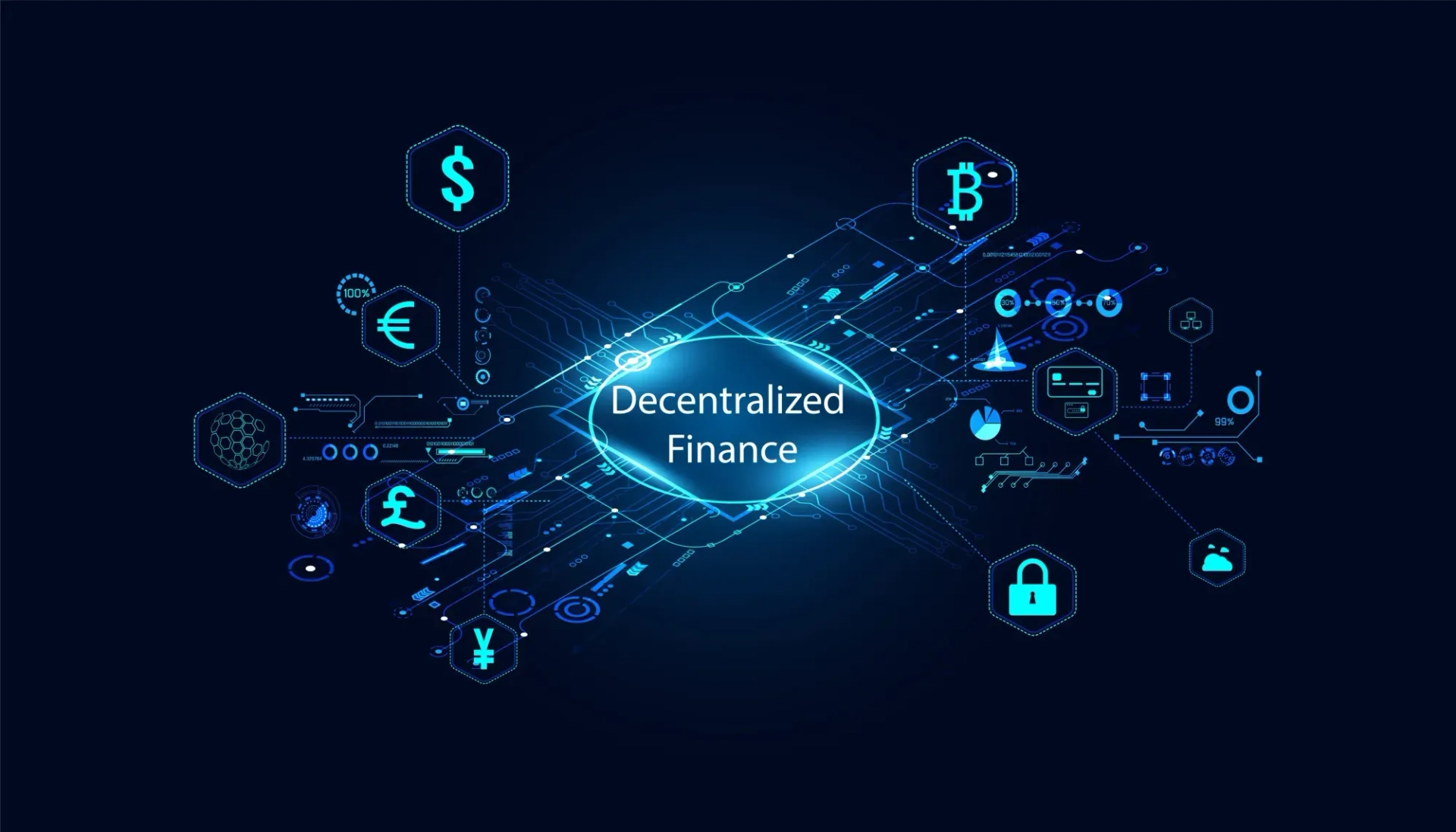Cryptocurrency mining is a hugely important process that you’ve likely heard of before, especially in relation to Bitcoin, Litecoin, and Monero. Those new to the crypto industry are often confused about what mining is, how it is completed and helps individuals earn rewards, and why it is so important. Mining is a crucial aspect of the cryptocurrency ecosystem as it helps to keep the network decentralized and secure. Without miners, there would be no one to verify transactions and add new blocks to the blockchain.
Intrigued? In this article, we will explain the various nuances of cryptocurrency mining, including needed equipment, important terminology to understand, and external factors to consider when determining if you should try to mine crypto.
What is Bitcoin Mining and Cryptocurrency Mining?
Bitcoin and cryptocurrency mining is the process where computers are used to verify and record cryptocurrency transactions. By solving complex mathematical problems, miners validate these transactions and add them to a digital ledger known as the blockchain. As a reward for their efforts, miners receive cryptocurrency in return. The cryptocurrency mining process enables the creation of new digital currency while ensuring the security and integrity of the entire digital currency system, making it resistant to fraud and manipulation.
Crucially, mining serves two main purposes:
1. Transaction Verification: Miners check the legitimacy of cryptocurrency transactions. This is necessary to prevent issues like double-spending, where someone tries to spend the same digital currency twice.
2. Network Security and Decentralization: The mining process helps to secure the cryptocurrency network. Since many miners compete to solve the problems and add new blocks, it makes it very difficult for any single person or group to control or manipulate the network.
Why Is Crypto Mining Important?
Mining plays a critical role in keeping blockchain networks safe and secure. As miners work to add new blocks to the blockchain, they are also verifying the integrity of the network. When a miner solves an equation and adds a new block to the blockchain, they are essentially confirming the validity of the transactions contained within that block. This process helps to ensure that transactions are genuine and haven’t been tampered with.
Thanks to cryptocurrency mining, hackers or scammers find it incredibly difficult to manipulate the blockchain or add false transactions. In order to do so, they would need to control 51% of the total mining power on the network, which is highly unlikely. This helps to ensure that the blockchain remains a tamper-proof and transparent ledger of all transactions.
The fact that anyone can participate in cryptocurrency mining helps to ensure that no single person or group has too much control over the network, helping to prevent the formation of a centralized group that can take control of the network.
What You Need to Begin Mining Cryptocurrency: Equipment and Software
Mining cryptocurrency involves using specialized computer equipment to solve complex mathematical problems and add new blocks to the blockchain. The most common type of hardware used for mining is a GPU (graphics processing unit), as they are specifically designed to handle complex mathematical calculations.
However, some miners also use ASIC (Application-Specific Integrated Circuit) equipment which are specifically designed for cryptocurrency mining and offer higher performance and efficiency compared to a general-purpose GPU.
We recommend reading our complete comparison of GPU vs. ASIC before deciding which is best for you.
Once you have obtained the necessary hardware, you will need to download mining software. The software is responsible for connecting your hardware to the blockchain network and managing the mining process. It also allows you to monitor and control your mining operation, such as adjusting the mining intensity, checking the status of your hardware, and monitoring your earnings.
To increase your chances of earning a reward and maximize your earning potential, it is recommended to join a mining pool.
Additional Considerations Before Deciding to Mine Crypto
Energy Usage
One of the most significant costs associated with mining is energy consumption. Cryptocurrency mining equipment, especially powerful devices, consume a lot of electricity. This can lead to high utility bills, which may eat into your profits. It's crucial to calculate your potential energy costs against your expected earnings to ensure that mining will be profitable for you.
Local and National Laws
The legal status of cryptocurrency mining varies from country to country. Some regions have favorable regulations, while others might impose heavy taxes or even outright ban crypto-related activities. It's essential to be aware of and comply with the regulations in your area to avoid legal complications.
Choosing a Cryptocurrency to Mine
Not all cryptocurrencies are equally profitable to mine. Factors like the current market price, the overall mining difficulty, and the coin's future prospects should influence your choice. It’s wise to conduct thorough research and choose a cryptocurrency that aligns with your resources and goals.
Halving Events
Many cryptocurrencies, like Bitcoin, have halving events where the reward for mining a block is reduced by half. This can significantly impact the potential returns on investment (ROI) from mining. Keeping track of these events and understanding their implications is vital for long-term mining planning.
Market Volatility
The cryptocurrency market is known for its price volatility. The value of the rewards you earn from mining can fluctuate greatly, which can affect your profitability. It's important to be prepared for these fluctuations and have a strategy to manage them.
Equipment Maintenance
Crypto mining equipment undergoes a lot of stress and can wear out quickly. Regular maintenance and upgrades are necessary to keep your mining operation running efficiently and effectively. Neglecting your equipment can lead to decreased mining productivity and increased costs.
Network Security
As a miner, you play a role in maintaining the blockchain's security. Poor security practices can not only jeopardize your operation but also affect the network. Implementing robust security measures is crucial for the protection of your assets and the integrity of the blockchain.
Cryptocurrency Mining Software
The right cryptocurrency mining software can significantly impact your mining operation's effectiveness and profitability. Here's a list of popular mining software platforms:
- CGMiner
- BFGMiner
- EasyMiner
- NiceHash
- MultiMiner
When selecting mining software, consider these key factors:
- Hardware Compatibility: Ensure the software is compatible with your mining hardware.
- Ease of Use: Look for user-friendly interfaces, especially if you're a beginner.
- Advanced Features: Consider options like automatic tuning and remote monitoring for better control and efficiency.
What is Proof of Work in Crypto?
Proof of work is a consensus algorithm that is used by many cryptocurrencies. It is a way to achieve consensus on the state of the blockchain without the need for a central authority. The proof of work algorithm relies on the work of miners, solving problems and adding new blocks. These problems are designed to be difficult to solve but easy to verify, which helps to ensure new blocks are added in a decentralized manner.
There are two main consensus protocols, proof of work and proof of stake. However, proof of stake doesn’t rely on mining, which is why cryptocurrencies such as Ethereum offer rewards through staking, not mining.
How To Earn Money Mining Crypto
Mining can be a profitable way to earn cryptocurrency, but it is important to keep in mind that the value of a cryptocurrency can be highly volatile. This means that the value of the coins you mine may increase or decrease in value over time. To maximize your earning potential, it is important to carefully choose which cryptocurrency to mine and to keep an eye on market conditions. Here are some factors to consider to give you the best chance of profitable mining:
Diversify Your Mining: Instead of focusing on a single cryptocurrency, consider mining various coins to spread risk. This way, a decline in one coin's value won't drastically impact your overall earnings.
Stay Informed: Keep up with market trends, news, and updates in the cryptocurrency world. This knowledge can help you make informed decisions about what and when to mine.
Optimize Your Setup: Regularly update your mining software and fine-tune your hardware settings to maximize efficiency. Lowering power consumption while maintaining high computational power can increase profitability.
Evaluate Mining Difficulty: Frequently assess the mining difficulty of your chosen cryptocurrency. As difficulty increases, mining becomes less profitable unless the value of the coin also rises.
Consider Long-Term Holding: Sometimes, holding onto the coins you mine rather than selling them immediately can be beneficial. If market analysis predicts an increase in value, waiting to sell can lead to greater profits.
Cost Management: Keep a close eye on your operational costs, including electricity, hardware maintenance, and any additional expenses. Efficient cost management is crucial to ensure that cryptocurrency mining remains profitable.
What Is A Crypto Mining Pool?
A crypto mining pool is a group of miners who combine their resources to increase their chances of solving a block and earning a reward. Joining a mining pool allows miners to earn a steady stream of cryptocurrency without having to invest in expensive hardware and pay for high electricity costs. Some popular mining pools are Antpool, BTC.com, Slush Pool, F2Pool, and Bitfury.
The benefits of joining a crypto mining pool include:
Increased Earning Consistency: Mining pools provide more consistent earnings compared to solo mining, as rewards are distributed among members whenever a block is solved by any member of the pool.
Reduced Entry Barrier: For individuals who cannot afford expensive mining setups, joining a pool allows participation in the mining process with significantly lower investment.
Shared Resources and Knowledge: Being part of a mining pool often means access to shared knowledge and tips from more experienced miners, which can be invaluable for newcomers.
Lower Energy Costs Per Individual: Since rewards are shared, the overall energy cost per individual miner can be lower than solo mining for the same reward.
Access to Advanced Mining Pools: Some mining pools offer advanced features like automatic coin switching to mine the most profitable coin at any given time, further optimizing earnings.
Some other pools you might be interested to learn more about to expand your DeFi knowledge are crypto liquidity pools.
Summarizing Key Points About Crypto Mining
Overall, mining is a crucial aspect of blockchain technology that helps to keep networks safe, secure, and decentralized. Without mining, blockchains would not be able to function and would be vulnerable to attack. It provides users with a sense of security while offering miners the chance to earn crypto rewards. However, before you start buying cryptocurrency mining equipment, you need to do a comprehensive cost-benefit analysis to determine if mining is a profitable venture for you. Factors like energy costs, hardware maintenance, market conditions, and legal considerations play a significant role in this assessment.





